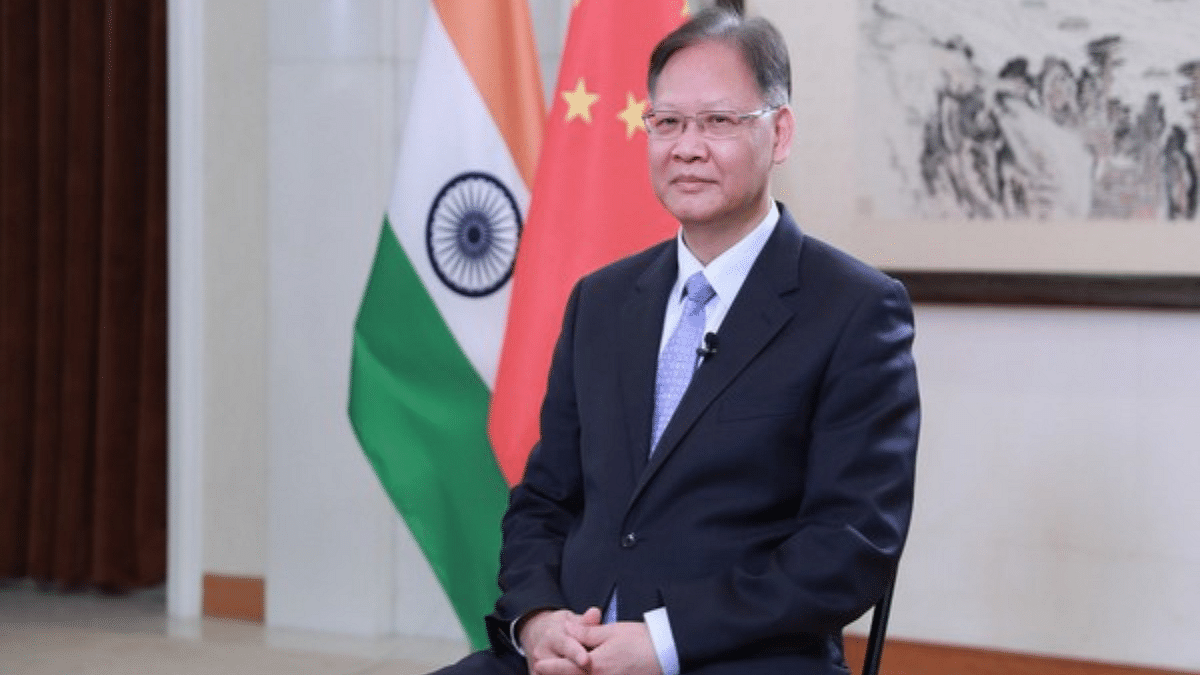New Delhi: Chinese ambassador to India Xu Feihong has flagged the “double standards” in trade, after noticing a range of Japanese, Korean, American and German cars on the streets of Delhi.
“So many Japanese, Korean, American and German cars on Delhi streets! Can’t help but think: should all major car exporting countries be blamed for ‘overcapacity’?” wrote Xu on X.
China overtook Japan as the world’s largest car exporter last year, majorly driven by a boost in its electric vehicle (EV) exports. This has fanned fears in the West that due to overcapacity in China’s domestic EV industry, manufacturers will export vehicles at highly competitive prices.
Though some major Chinese carmakers like Parker Shi, the head of Great Wall Motor International, told the Financial Times that “overcapacity is a fake concept”, players in the West like the US have ramped up tariffs on Chinese cars.
Last month, US President Joe Biden, who is eyeing a second term in the upcoming presidential elections, announced new tariffs on Chinese-made electric cars, solar panels, steel and other goods. Beijing later opposed the restrictions and vowed to take retaliatory measures.
The US and the European Union (EU) have long led the global car industry.
In his statement on X, the Chinese ambassador further questioned why the US, a major exporter of soybeans, chips, and aircraft, doesn’t attract the negative connotations of the “overcapacity” label.
“America is a big exporter of soybeans, chips, and Boeing planes. Why is it not ‘overcapacity’? Isn’t that a naked double standard?” he said.
“Trade is about exchanging one’s quality products to make life better for the other side. If that means ‘overcapacity’, shall we end trade around the world?” the ambassador asked.
China has been able to ramp up its exports of electric vehicles, that too at low costs because the country already enjoys strong battery procurement networks. Industry estimates say batteries make up a big part of the total cost of manufacturing an electric vehicle, typically accounting for 30 to 40 percent of their value according to a report published by Dutch banking and financial services firm ING last June.
Xu took charge as ambassador to India last month after the post lay vacant for 15 months, at a time when India-China relations have been rocky due to a tense border standoff.
As dust settles on the parliamentary elections in India, in which the BJP failed to get a majority, new messaging has emerged from China. An editorial in Chinese state-run media outlet, China Daily, said this was an “opportune” time for India to “reset its past China policy”.
Under the Narendra Modi government, New Delhi has increasingly been viewed by US and Western players as a counterbalance to Beijing as global rivalries heat up in the Indo-Pacific region.
Currently, the Modi-led BJP is trying to form a coalition government with allies, the most crucial being the Telugu Desam Party and the Janata Dal (United).
(Edited by Tikli Basu)
Also read: China overtakes US as India’s top trading partner in FY24, officials say ‘positions keep changing’

